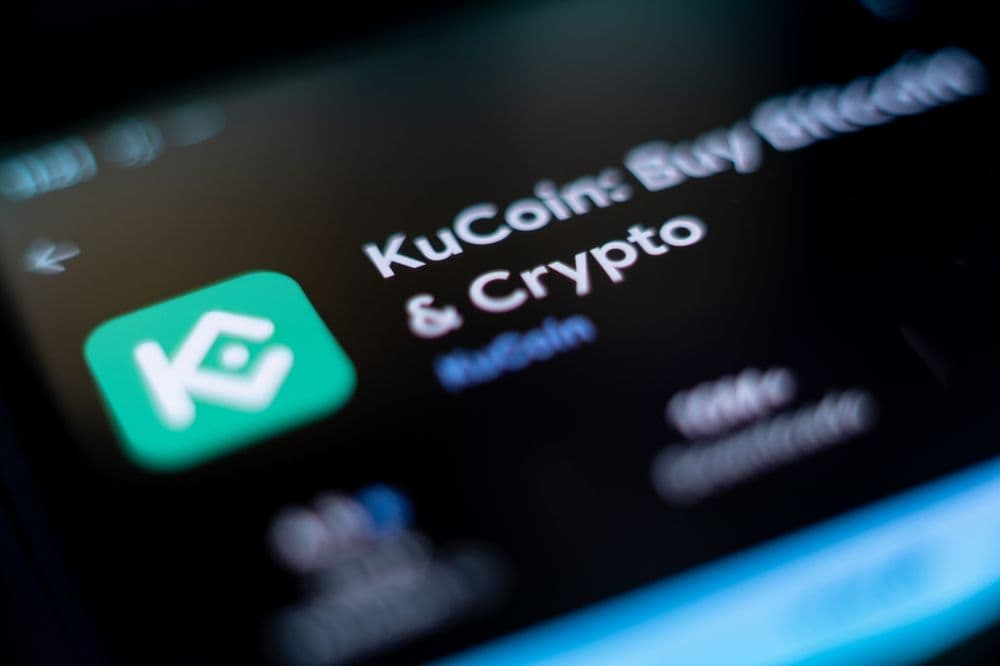 The end of the case is broadly viewed as a key moment for digital asset regulation in the United States. (Shutterstock)
The end of the case is broadly viewed as a key moment for digital asset regulation in the United States. (Shutterstock)In 2023, U.S. District Judge Analisa Torres issued a partial ruling that found XRP sales on public exchanges did not constitute securities offerings. However, she determined that Ripple’s institutional sales of XRP, worth roughly $728 million, violated federal securities laws. As a result, Ripple was ordered to pay a $125 million penalty and comply with an injunction designed to prevent future violations.
Both the SEC and Ripple initially sought to challenge the decision. Ripple filed a cross-appeal to preserve legal arguments, while the SEC appealed aspects of the ruling that favored Ripple. A proposed settlement in mid-2025 would have dissolved the injunction and split the penalty, with $50 million going to the SEC and the remaining $75 million returned to Ripple. However, Judge Torres rejected the proposed resolution, citing procedural issues and concerns over jurisdiction.
In June 2025, Ripple CEO Brad Garlinghouse announced the company was withdrawing its cross-appeal, posting on social media that Ripple was “closing this chapter once and for all.” The SEC also signaled it would not pursue its appeal. In a joint filing submitted to the U.S. Court of Appeals for the Second Circuit, both parties formally agreed to dismiss their respective appeals. Each side agreed to bear its own legal costs and fees, and the court acknowledged the filing, marking the official conclusion of the case.
Following the Commission's vote today, the SEC and Ripple formally filed directly with the Second Circuit to dismiss their appeals.
— Stuart Alderoty (@s_alderoty) August 7, 2025
The end…and now back to business. https://t.co/nVqthNcFOt
Financially, the resolution means the SEC retains the $50 million portion of the fine, while Ripple will have the remaining $75 million released from escrow. Ripple did not admit any wrongdoing, and the conclusion of the case effectively leaves intact the 2023 ruling that XRP itself is not a security when sold on secondary markets.
The case’s conclusion is widely seen as a significant moment for digital asset regulation in the United States. The SEC’s lawsuit against Ripple, first filed under the previous administration, was viewed as a test case for how aggressively U.S. regulators could apply securities laws to digital assets. Ripple’s victory on the question of secondary market sales provided a boost for crypto advocates seeking clearer, more favorable interpretations of existing laws.
Attorney John Deaton, who represented thousands of XRP holders during the proceedings, called the resolution “the final exclamation mark” affirming that XRP is a digital commodity. Garlinghouse echoed that sentiment, framing the outcome as a milestone not just for Ripple but for the entire industry. The company’s legal team suggested the conclusion strengthens Ripple’s position globally as it seeks to expand operations in jurisdictions with clearer crypto frameworks.
The timing of the case's closure aligns with a broader shift in U.S. regulatory posture. Under the current Trump administration, the SEC has moved to soften its approach to digital assets.
Despite the resolution, major questions remain about the future of crypto regulation in the U.S. While the court’s decision confirmed that some forms of XRP sales did not fall under securities laws, it stopped short of offering a definitive regulatory framework for other tokens or decentralized platforms. Market participants continue to call for Congressional action to establish clear legal definitions, compliance standards, and investor protections tailored to digital assets.
In the absence of legislation, companies operating in the space must navigate a patchwork of court rulings and evolving regulatory interpretations. Ripple’s legal victory, though significant, does not eliminate the legal risks for other firms offering crypto tokens, staking services, or decentralized financial products. Still, the case’s resolution is widely seen as a turning point that could lead to more constructive engagement between regulators and the crypto industry.
The conclusion of SEC v. Ripple marks the end of a legal saga that defined much of the conversation around crypto regulation for half a decade. With XRP no longer in legal limbo, and Ripple emerging with its operations intact, attention now turns to how U.S. policymakers will use this moment to shape the future of digital finance.

Japan moves to cut crypto taxes to 20%

KuCoin EU gains MiCAR green light

Australia moves to strengthen crypto custody rules

WLFI launches USD1 on AB Chain with zero fees